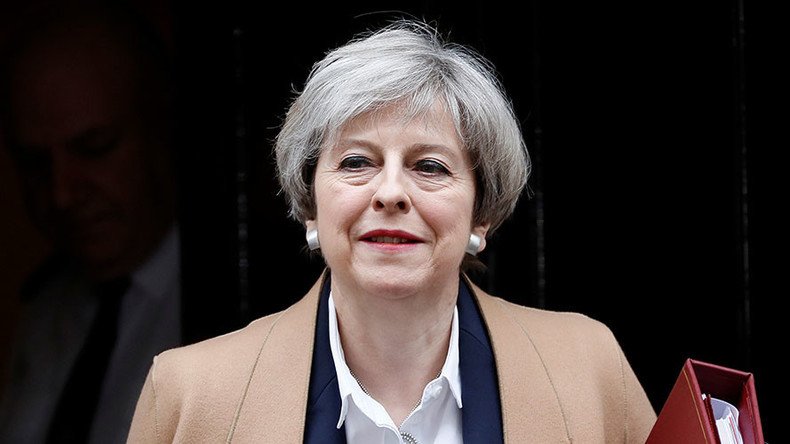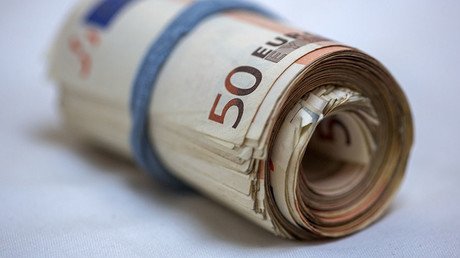Brexit committee rejects Theresa May’s ‘no deal with EU is better than bad one’ claim

Prime Minister Theresa May’s suggestion that “no deal” with the EU would be better than a bad one has been slammed by the House of Commons’ Brexit committee.
A report by the Exiting the European Union Committee says no economic assessment has been made on the consequences of the UK crashing out of the bloc without a deal.
It calls on May to place greater emphasis on considering the potential effects of a “no deal” because the public deserves “the maximum possible information.”
Brexit Secretary David Davis last month provoked outrage as he admitted that the government had not carried out any assessment on exiting without a deal.
Shortly after triggering Article 50 last week, which kick-started the two-year process to draw the UK out of the EU, May said she had been “very clear that I want to get the best deal possible for the UK” and that a “no deal” would not be beneficial to either side.
“The government has talked about walking away from a bad deal, but has not yet explained what terms would be demonstrably worse for the UK than ‘no deal’,” the report said.
Committee Chair Hilary Benn told BBC Radio 4, “If the government is going to make this assertion that no deal would be better than a bad deal, I think everyone would expect the government to have done some assessment.”
The report, which assessed the government’s Brexit aims, however, was supported by just 10 out of 16 MPs who voted on it, many of whom were Remain supporters.
Conservative MP Dominic Raab was among those who hit out at the “skewed” report, saying it had “split” the committee.
“The report was rushed, skewed and partisan. After two reports that had strong support, it’s regrettable that this one split the committee,” he said, according to the BBC.
“That undermines its credibility and influence, but I hope and expect the committee will learn the right lessons as we move forward.”
Benn hit back, however, insisting the report is “fair” and “based on evidence.”
May has been forced to reassure the public that both a withdrawal and a trade deal can be achieved within the two-year timeframe set for negotiations.
Her defense came after German Foreign Minister Sigmar Gabriel called into question the feasibility of sealing a deal within twenty-four months.
“We are as keen as the UK is to complete both agreements as soon as possible,” he told the Independent.
“First, we have to get things right on the orderly withdrawal, then we will want to talk as soon as possible about our future relationship and get as far as we can within the next two years.
“However, I don’t want to speculate on time frames at a time when negotiations have not even started yet.
“Both sides must recognize that an agreement on a wide-ranging partnership will be quite a laborious endeavor,” he remarked.
Responding to such doomsayers, May told Sky News: “I’m clear that by the point at which we leave the EU, it’s right that everybody should know what the future arrangements, the future relationship, that future partnership between us and the European Union will be.
“That’s the sensible thing, it’s the pragmatic way to look at this, and I believe that’s what we will do.”














